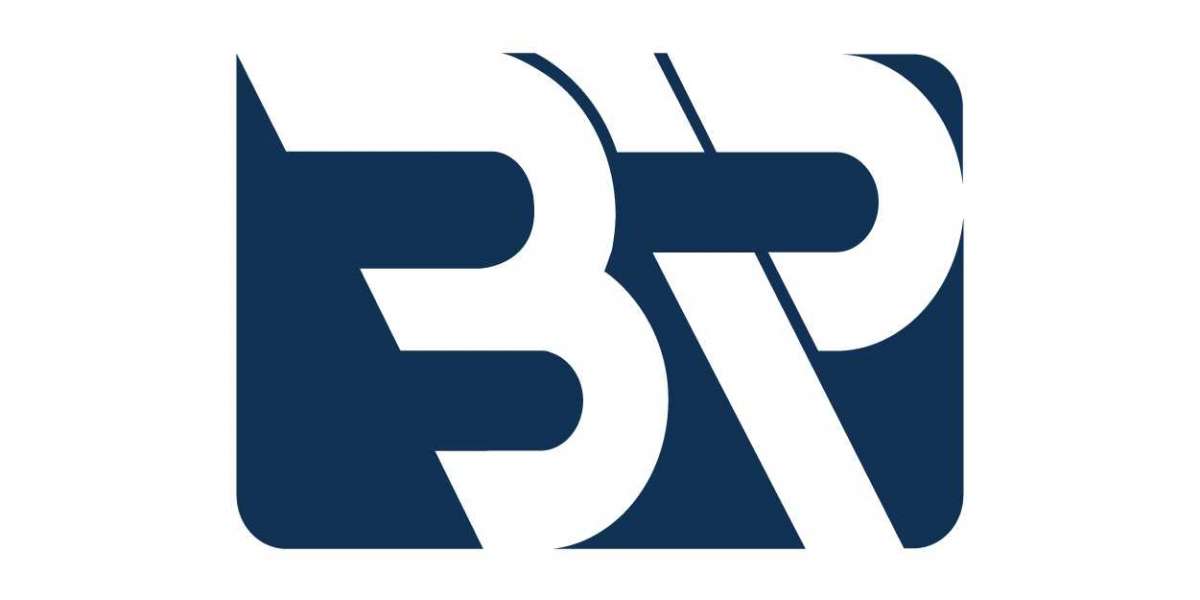- Insurance Coverage: Some health insurance plans may provide coverage for LASIK eye surgery, but coverage varies widely among insurance providers and plans. LASIK is often considered an elective or cosmetic procedure rather than medically necessary, so it may not be covered by many insurance plans. However, some vision insurance plans or employer-sponsored health plans offer coverage for LASIK as part of their vision benefits.
- Out-of-Pocket Costs: If your insurance plan does not cover LASIK or only covers a portion of the cost, you will be responsible for paying the remaining out-of-pocket expenses. These expenses can include the surgeon's fees, facility fees, pre-operative evaluations, post-operative care, and any additional costs associated with the procedure. It's essential to inquire about all potential costs upfront and obtain a comprehensive quote from your LASIK provider.
- Insurance Verification: Before undergoing LASIK surgery, it's crucial to verify your insurance coverage and understand your financial responsibilities. Contact your insurance provider to determine if LASIK is a covered benefit under your plan and to obtain information about any coverage limitations, exclusions, or pre-authorization requirements. Your LASIK provider may also assist with insurance verification and provide guidance on navigating insurance coverage for the procedure.
- Flexible Spending Accounts (FSAs) and Health Savings Accounts (HSAs): If LASIK is not covered by your insurance plan, you may be able to use funds from a flexible spending account (FSA) or health savings account (HSA) to pay for the procedure. These accounts allow you to set aside pre-tax dollars for eligible medical expenses, including LASIK surgery. Be sure to check the specific rules and regulations governing FSAs and HSAs to determine if LASIK is an eligible expense.
- Payment Options: Many LASIK providers offer financing options, payment plans, or discounts to help make the procedure more affordable for patients. You may also consider exploring different LASIK providers and comparing pricing and payment options to find the best fit for your budget and needs.
Search
Popular Posts
-
 AC Malta - Stay Cool and Comfortable with DL Group's Air Conditioning Solutions
By dlgroupmalta
AC Malta - Stay Cool and Comfortable with DL Group's Air Conditioning Solutions
By dlgroupmalta -
 Maximizing Crop Potential: The Benefits of METROP Concentrate Liquid Foliar Fertilizer
By metropstores
Maximizing Crop Potential: The Benefits of METROP Concentrate Liquid Foliar Fertilizer
By metropstores -
 Discover Excellence in 3D Printing - Buy Creality 3D Printer at WOL3D Coimbatore
Discover Excellence in 3D Printing - Buy Creality 3D Printer at WOL3D Coimbatore
-
 A Convenient Way to Fix MetaMask Login Connection Issue
By rosekxffsf
A Convenient Way to Fix MetaMask Login Connection Issue
By rosekxffsf -
 What is Satta Matka?
What is Satta Matka?


